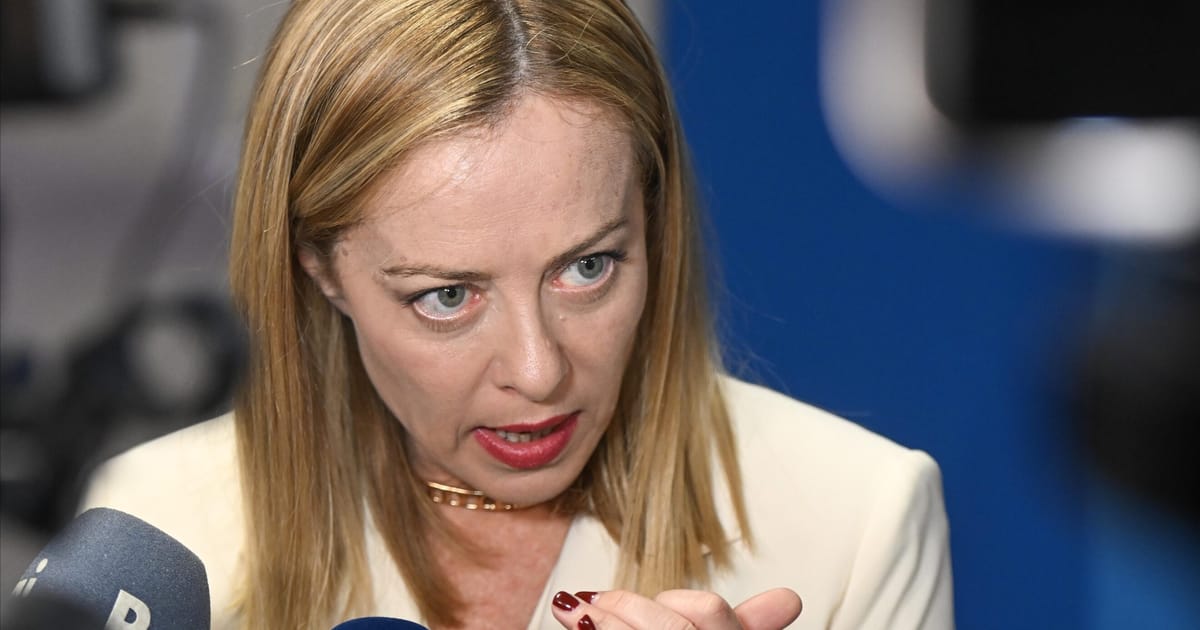

In a rapidly changing global landscape, diplomatic engagements and policy shifts mark significant developments in international relations. Recent events are paving the way for potentially transformative outcomes, fostering dialogue and cooperation amid complex geopolitical climates.
France’s bold step to recognize Palestine at the upcoming United Nations general assembly reflects a significant shift in its diplomatic strategy. President Emmanuel Macron’s announcement aims to invigorate discussions on Middle East peace and presents a divergence from the generally cautious stance of other G7 nations. This move has pressured other countries, including the United Kingdom, to reassess their positions on Palestinian statehood recognition, highlighting the complex interplay of international alliances and domestic politics.
Italian Prime Minister Giorgia Meloni has expressed her reservations regarding early recognition of Palestine, suggesting it might be counterproductive. Her perspective underscores the varied responses within Europe to the evolving situation, as countries navigate their diplomatic and strategic interests.
In the United Kingdom, Prime Minister Keir Starmer finds himself at a crossroads, balancing internal pressures from cabinet members and MPs advocating for Palestine’s recognition with broader international considerations. This comes as the UK engages in crucial humanitarian efforts, collaborating with Jordan to facilitate aid airdrops to Gaza, where civilian needs remain urgent.
Meanwhile, on the other side of the Atlantic, dialogue between the European Union and the United States continues to be a focal point. EU Commission President Ursula von der Leyen is set to meet with U.S. President Donald Trump to discuss a potential trade deal. This meeting, scheduled to take place in Scotland, signifies ongoing efforts to strengthen transatlantic economic ties amidst a backdrop of evolving trade policies.
Turning to Asia, China has extended an invitation for global cooperation on artificial intelligence, emphasizing the importance of shared governance frameworks to address the dual challenges of innovation and security risks. This call comes shortly after the Trump administration’s announcement of a low-regulation strategy for AI, illustrating different approaches to managing technological advancements and their global implications.
In a related note of global significance, Pope Leo XIV has intensified advocacy for non-violence. Addressing contemporary challenges such as armed conflicts and migration, the Pope’s message encourages efforts toward peace and understanding among nations, underscoring the universal need for cooperative problem-solving.
Collectively, these developments highlight a dynamic period in international relations, characterized by a mix of cooperation and contention. As countries navigate these complex issues, mindful diplomacy aims to foster stability and progress on the global stage, continually seeking pathways to harmonious solutions in a multifaceted world.
Source: {link}
